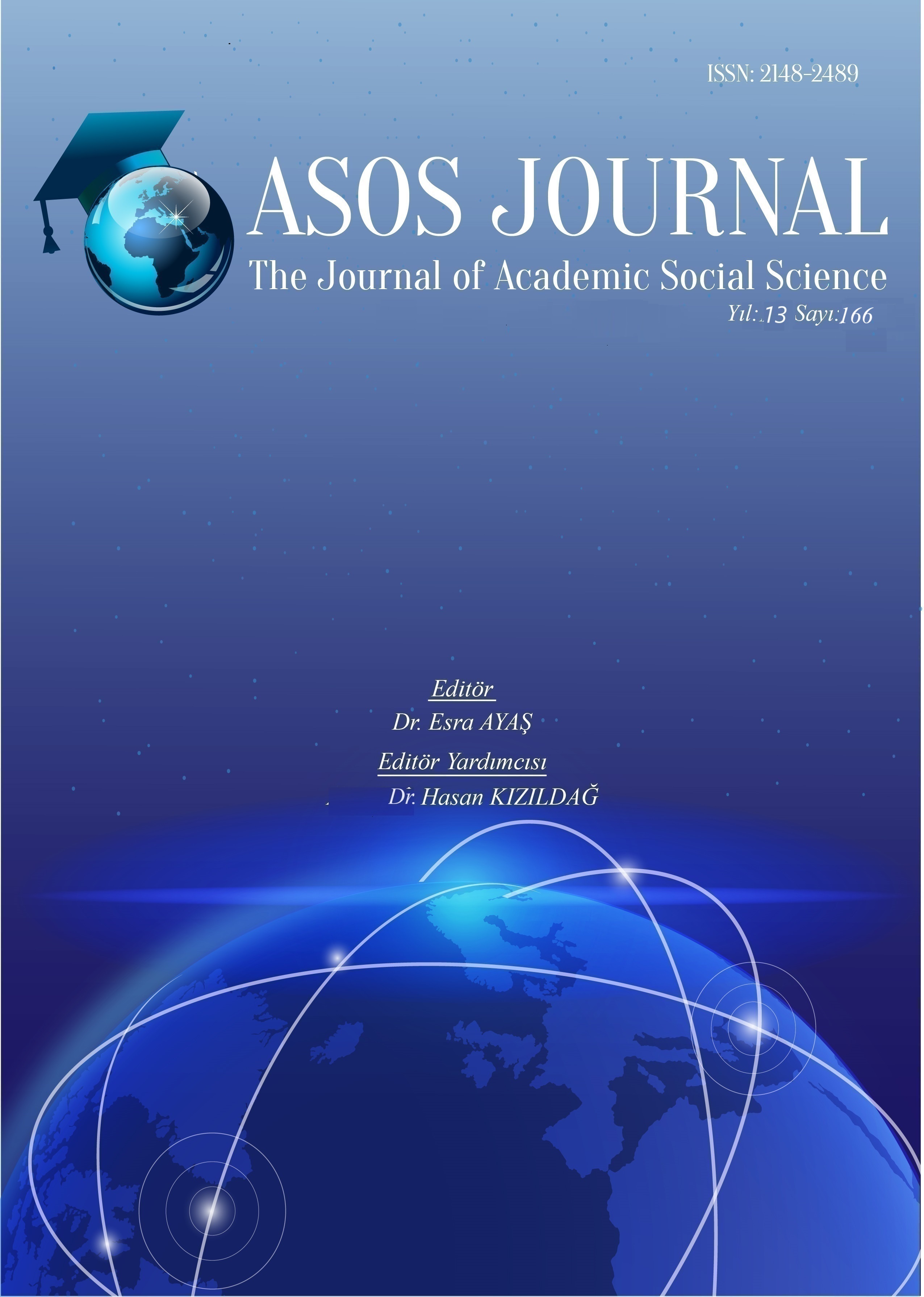Author :
Abstract
Ebû Hanîfe’nin (ö. 150/204) önde gelen öğrencilerinden Ebû Yûsuf, Abbâsî halifesi Hârûnürreşîd’in (ö. 193/809) kendisine verdiği sorulara cevap teşkil etmek üzere Kitâbü’l-harâc’ı telif etmiştir. Ebû Yûsuf, verdiği cevaplarda tartışmalı görüşleri ortaya koymuş ve halifenin bunlardan dilediğini tercih edebileceğini belirtmiştir. Ebû Yûsuf’un bu yaklaşımının fıkıh alanında hükümdara verilen bir yetki olarak devrim niteliğinde olduğunu belirtmek gerekir. Kitâbü’l-harâc’ın geniş kapsamlı içeriği, Ebû Yûsuf’un devlet yönetimine ilişkin hemen her meselede Hârûnürreşîd’i yönlendirmesine imkan sağlamıştır. Kitapta her kademeden devlet memurunun taşıması gereken nitelikler üzerinde de durulmuştur. Bu nitelikler arasında ehli rey ile meşveret eden kimseler olmaları da sayılmıştır. Böylece Kitâbü’l-harâc’ın etkisi sadece Hârûnürreşîd ile sınırlı kalmamıştır ve Kitâbü’l-harâc ile ortaya konan hanefi anlayış, hem devlet yönetiminde esas alınan mevzuat hem de bu mevzuatın uygulayıcıları yoluyla Abbâsî devlet sistemine nüfuz etmiştir. Bu nüfuz; vali, kadı, zekat memuru ve müderris olarak görevlendirilecek olanlarda hanefi anlayışı benimsemiş olmanın bir şart olarak ileri sürülmüş olmasıyla gerçekleşmiştir. Böylelikle Hanefîlik, arkasına aldığı Abbâsî devlet desteği sayesinde mezhep hüviyeti kazanmıştır. Hârûnürreşîd yönetimindeki Abbâsî devletinin hanefilere sağladığı bu destek, Hanefî anlayışın geniş bir coğrafyada etkili olmasına ve geniş halk kitlelerince benimsenmesine katkıda bulunmuştur. Ancak Abbâsîlerle Hanefîler arasındaki bu ilişkiyi taraflardan birisinin kazançlı çıktığı bir ilişki olarak görmemek gerekir. Hanefî fakihlerin desteği, Abbâsîler için geniş halk kitlelerinin desteğini beraberinde getirmiştir. Ayrıca Abbâsîlerin hakim olduğu geniş coğrafyada Hanefî anlayışın hakim olmasının hukuki istikrara katkı sağladığında da kuşku yoktur.
Keywords
Abstract
Abū Yūsuf, one of Abū Ḥanīfa’s (d. 150/204) leading students, wrote the Kitāb al-Kharāj as an answer to the questions posed to him by the ʿAbbāsid Caliph Hārūn al-Ras̲h̲īd (d. 193/809), which primarily revolved around the principles of governance and the role of Islamic law in state administration. Abū Yūsuf presented controversial views in his answers, stating that the caliph could choose whichever he wished. It is important to note that Abū Yūsuf's approach was revolutionary in terms of the authority granted to the ruler in the field of jurisprudence. The comprehensive content of the Kitāb al-Kharāj allowed Abū Yūsuf to guide Hārūn al-Ras̲h̲īd on almost every issue related to state administration. The book also focused on the qualities that state officials at every level should have. Among these qualities, being a person who consults with people of opinion was also listed. Thus, the influence of the Kitāb al-Kharāj was not limited to Hārūn al-Ras̲h̲īd alone, and the Ḥanafi understanding presented in the Kitāb al-Kharāj penetrated the ʿAbbāsid state system through both the legislation that was taken as a basis in state administration and the implementers of this legislation. This influence was realized by the fact that it was put forward as a condition for those appointed as governors, judges, zakat officers, and lecturers to have adopted the Ḥanafi understanding. Thus, Ḥanafism gained the identity of a sect thanks to its support from the ʿAbbāsid state. This support provided to the Ḥanafis by the ʿAbbāsid state under the leadership of Hārūn al-Ras̲h̲īd contributed to the Ḥanafi understanding becoming effective in a vast geography and being adopted by the masses. However, this relationship between the ʿAbbāsids and the Ḥanafis should not be seen as a relationship in which one side benefited. The support of the Ḥanafi jurists brought the support of the masses for the ʿAbbāsids. Furthermore, there is no doubt that the dominance of the Ḥanafi understanding in the vast geography dominated by the ʿAbbāsids contributed to legal stability, which refers to the consistency and predictability in the application of Islamic law, thereby ensuring social order and justice.





